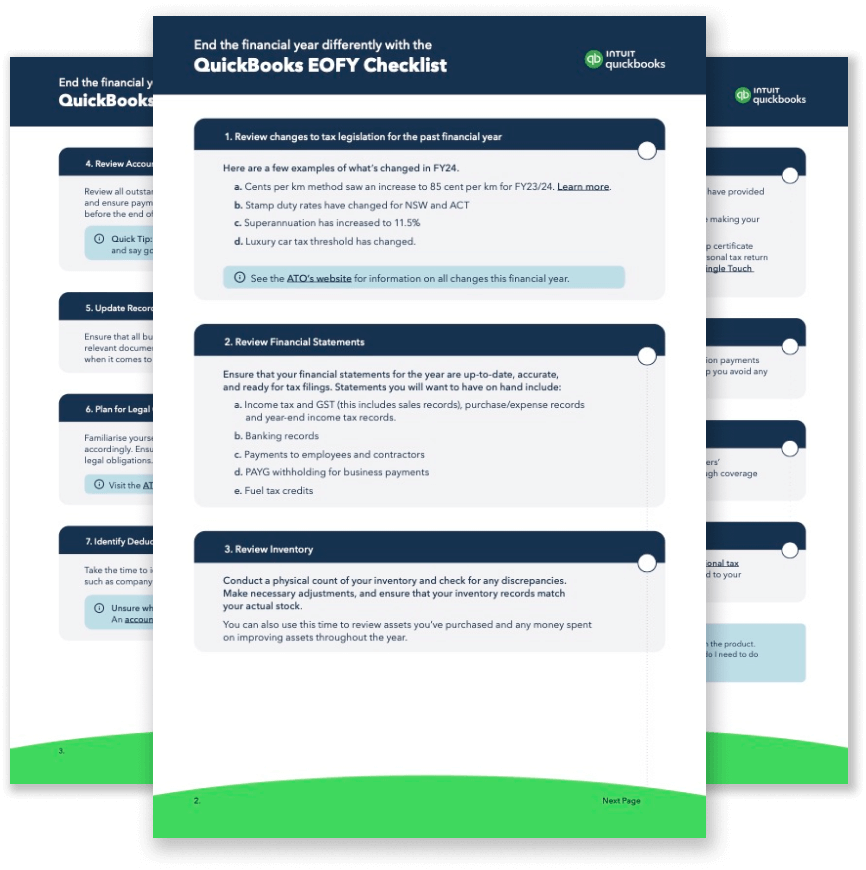What are Expenses?
Expenses Definition
Expenses are the costs or payments that are incurred by an individual or a business as a result of its daily operations or activities. They can be directly or indirectly related to the production, sale, or provision of goods or services and can vary from fixed costs (such as rent or salaries) to variable costs (such as raw materials, utilities, or marketing expenses).
Expenses are generally deducted from the revenue earned by a business to calculate its net income or profit.
Expenses can be categorized into various types depending on their nature and purpose. Here are some common types of expenses:
- Cost of Goods Sold (COGS): These expenses are directly related to the production or purchase of goods sold by a business and include the cost of raw materials, labor, and overheads.
- Operating Expenses: These expenses are incurred in the day-to-day operations of a business and include rent, utilities, salaries, marketing expenses, office supplies, and other costs.
- Financial Expenses: These expenses are associated with the borrowing and lending of money and include interest and fees paid on loans, credit card payments, and other financial transactions.
- Capital Expenses: These are long-term investments made by a business in fixed assets such as property, equipment, and vehicles.
- Non-Operating Expenses: These expenses are not directly related to the core business operations and can include legal fees, insurance, and taxes.
Here are some additional details on expenses:
- Timing of Expenses: Expenses can be classified based on when they are incurred, such as pre-paid expenses, accrued expenses, and deferred expenses. Pre-paid expenses are items paid in advance, such as annual insurance premiums. Accrued expenses are items that are recognized as expenses even though they have not been paid, such as salaries owed to employees. Deferred expenses are items that occur when an expense is paid, but its benefits are realized over time, such as an advertising campaign.
- Determining Expense Amounts: The amount of an expense can vary greatly, depending on how it is measured. For example, the cost of materials can be measured as either its cost when it was purchased or its current market value. Similarly, overhead costs can be allocated using a variety of methods, including activity-based costing and direct costing.
- Expense Management and Control: A key strategy for businesses is to manage and control expenses to optimize profitability. This can include strategies such as cost-cutting, outsourcing, process improvements, and negotiating better deals with suppliers.
- Tax Deductions: Expenses incurred by businesses can be deducted from taxable income, reducing the amount of tax owed. Some expenses, such as research and development costs, can even qualify for tax credits.
Overall, managing expenses effectively is essential for maintaining profitability and financial stability for individuals and businesses.






